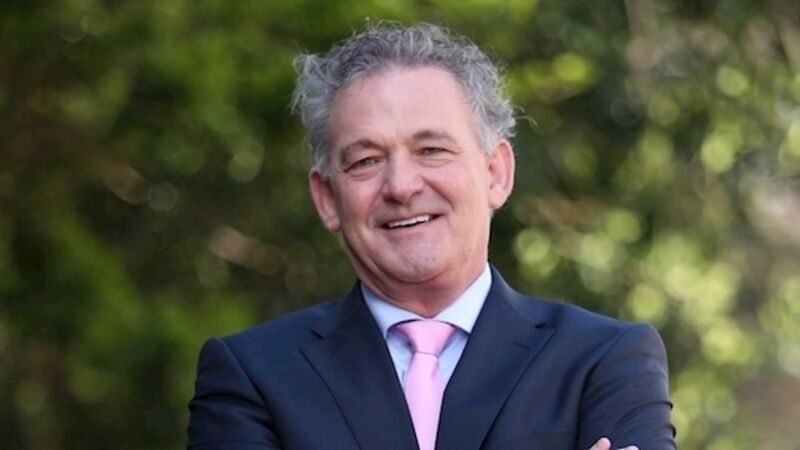Comatose campaign enlivened: Challenging PC limits of Áras debate

Presidential candidate Peter Casey has enlivened an otherwise comatose, and if the polls are right, pointless, waste-of-time-and-money race for the tenancy of Áras an Uachtaráin, by pressing the Defcon 1 button on political correctness.
Though he languishes at the tail of the field, on 2%, while the incumbent, Michael D Higgins, enjoys what seems an unassailable lead, on 64%, Casey has indeed done the idea of free, meaningful debate some service, even if unintentionally — especially as today’s mores so often preclude it. Unfortunately, so much of today’s political debate, among the adults anyway, is like the bizarre practice indulged at one of those universities where sensitive, snowflake students must be forewarned that the truths they are about to be exposed to might rattle their emotional equilibrium.
















